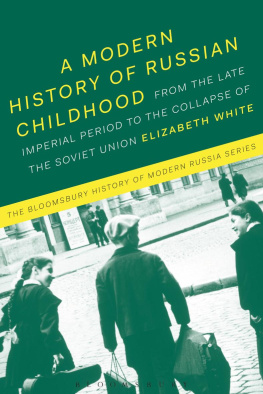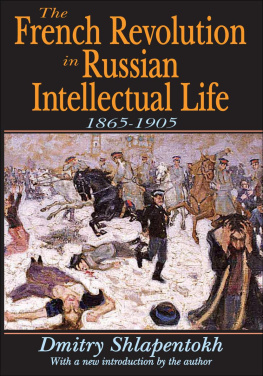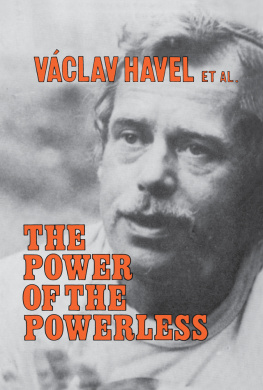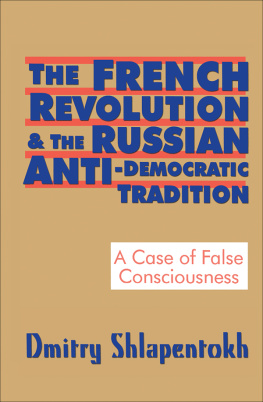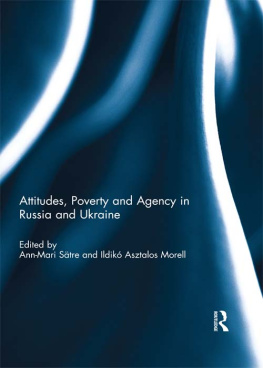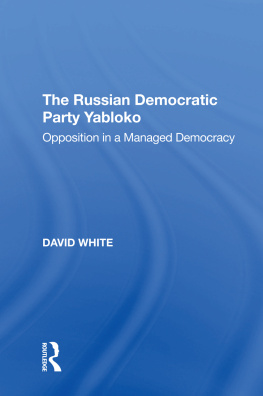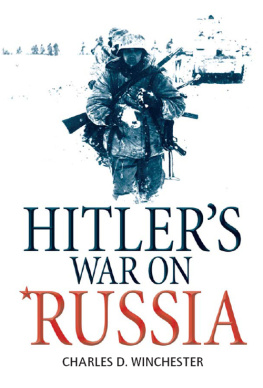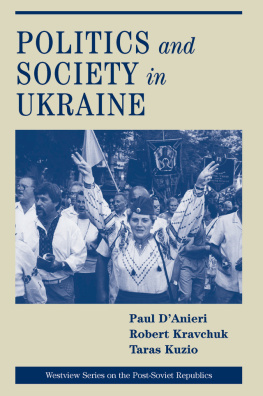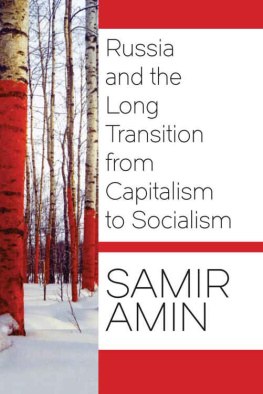First published 1997 by Ashgate Publishing
Reissued 2018 by Routledge
2 Park Square, Milton Park, Abingdon, Oxon OX14 4RN
711 Third Avenue, New York, NY 10017, USA
Routledge is an imprint of the Taylor & Francis Group, an informa business
Copyright W. Eberwein and J. Tholen 1997
All rights reserved. No part of this book may be reprinted or reproduced or utilised in any form or by any electronic, mechanical, or other means, now known or hereafter invented, including photocopying and recording, or in any information storage or retrieval system, without permission in writing from the publishers.
Notice:
Product or corporate names may be trademarks or registered trademarks, and are used only for identification and explanation without intent to infringe.
Publishers Note
The publisher has gone to great lengths to ensure the quality of this reprint but points out that some imperfections in the original copies may be apparent.
Disclaimer
The publisher has made every effort to trace copyright holders and welcomes correspondence from those they have been unable to contact.
A Library of Congress record exists under LC control number: 96079152
ISBN 13: 978-1-138-32625-5 (hbk)
ISBN 13: 978-0-429-44995-6 (ebk)
Shortly before the demise of the Soviet Union - a collection of states that many believed would continue to exist (no matter how well) for a long time (even at the end of the 1980s), the German songwriter and poet Wolf Biermann, who is particularly associated with socialism in a special way, wrote the following (1991, p. 16):
The Soviet Union is fatally ill. There is a certain lethargy among all its peoples: the terrible power of habit, submissiveness to authority, the way of not taking responsibility which has been practised for decades, the lack of experience with democratic traditions. A totally destroyed feeling of compassion in a society that was made insensitive by the murder of more than 50 million people under Stalin. This huge empire has been made small by the unshakeable egoism of those at the top and their subjects who have no history. The Augean stable, which the ancient hero Hercules cleaned out, was, in comparison, a rabbit hutch.
Can such a country as the Russian Federation with 11 time zones, extreme climatic conditions from arctic temperatures to dry stone and sand deserts, with more than 100 nationalities and very limited experience with liberal ideas and concepts, and with civil-democratic traditions, be ruled in a modern world?
The Western observer is faced with this question more and more often, especially considering the quarrel of the administrative organs about the further path of Russia and in view of the present economic developments. It appears as if the Russians are unable to make compromises and in certain situations to put the common good before the egoistic interest of individuals or the particular interests of certain groups.
In addition to this there is the traditional quarrel in Russia between the Westies and Slavophiles (Laqueur: 1993), and this quarrel not only has internal political but also considerable external political dimensions - see the conflicting attitude towards the war in former Yugoslavia.
It is very difficult for some politically - economically influential groups to say goodbye to the role of the victor in the Second World War and to the following situation as the Americans as an equal world power in the time of the Cold War. The retreat of the Red Army from Central and Eastern Europe which was substantially initiated by Gorbachev and carried out by Yeltsin is set up by nationalist-communist groups as a betrayal of Russias greatness and in the internal-political quarrel is primed as a weapon - a similar situation to that of 70 years ago in Germany, when the democratic politicians who had to put together the shambles of the empire according to their general feeling of responsibility, were firstly defamed and then murdered by the National Right. The Russian constitutional debate as it raged in the spring of 1993 and manifested itself on President Yeltsin and the speaker of the Peoples Congress, Khasbulatov, was not only an operetta-like quarrel but has a much further reaching substance. The battle raged regarding the constitution but the content is determined by the ruined post-socialist economy in spite of Russias enormous wealth of raw materials (John Lloyd in the Financial Times from 20./21.2.1993).
The saying The tsar is far which was popular in Russia before 1917 and also later in the USSR1 gains unimagined dramatic quality in these days of general decline and lack of rules:
This huge empire does not appear to be developing into a federal system with governable, partly autonomous districts which are still orientated towards central government regarding certain matters. There are tendencies which must be taken seriously that show that the Russian Federation is developing into a system of warlords as is known from the history of 19th century China. In these times of military and civil nuclear potential and also regarding the immense significance of open world trade this would mean unimaginable but above all uncalculable risks not only for the Russians but for all countries in the world.
Up to now the West has tried to help, in particular with financial means: Up till March 1993 there were promises to help the succeeding States of the USSR in the financial form of 69,3 thousand million ECU (of these 38,3 thousand million came from West Germany alone) (ZEIT, No. 13, 26.03.1993), whereby this financial aid had very different aims and would also come to benefit Western economy. It is gradually being recognized that aid under the motto Help to self-help, in the form of professional training and suitable consultation of companies and regional corporations is having more effect than purely financial (credit) help (see here the programmes of the European Community Phare/Tacis). As a result of the very insecure and momentarily missing structures the level of the protagonists gains more and more importance. Certain protagonist groups, who have key functions in the development of Russia to an open society, feel they must stabilize and develop further. One of the most important groups is surely that of the company directors, entrepreneurs and managers who carry an immense responsibility for the future of Russia in view of the decline of the state and with it the customary exchange relations in the Russian economy. But we know very little about the economic elite of this country. In order to throw light on these deficits in information and at the same time to present possible methods of approach for effective Western aid we would like to present the third part of an empirical study within the framework of international comparative management studies. This work deals with the working and professional situation of Russian managers.2


